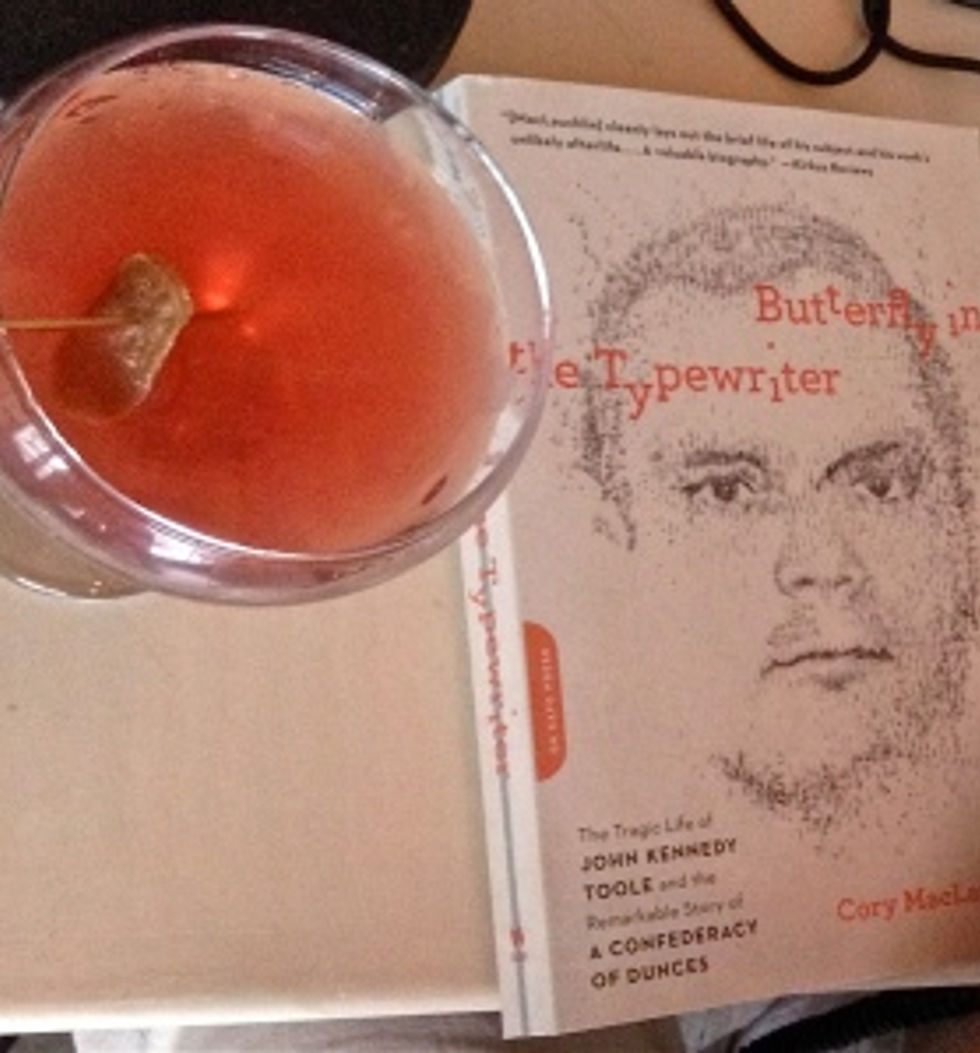Reclaiming “An American Genius”
- cmaclauchlin
- Feb 12, 2012
- 3 min read
While living in New York City in 1961 John Kennedy Toole had a chance encounter with novelist James Purdy. It was the first time Toole gained an acquaintance with a published, and at the time, widely read author. This meeting came during Toole’s struggle to determine what kind of literary track he would pursue–either academics or fiction writing.
Ironically–while Toole would reach posthumous success for a single novel–Purdy would continue to write and publish for nearly fifty years after meeting Toole in that Manhattan bar—but still die in relative obscurity in 2009. He lived his final years in a one-room apartment in Brooklyn, surrounded by his collection of turn-of-the-century paintings of sparring boxers.
Chances are you are not very familiar with this writer that Gore Vidal called an “authentic American genius”–a writer who still receives lasting acclaim in Europe but who left American critics baffled as to how to make sense of him. But I don’t think Purdy will wallow in obscurity for very long. His writings and his life are just too damn interesting.
He was from the Midwest, taught in Cuba, traveled to Europe and turned to writing while living in Chicago as part of the avant garde artist circle centered around Gertrude Abercrombie and Dizzy Gillespie. And his work is expansive. At times his short stories remind me of the prose poems of Charles Baudelaire. In “Why Can’t They Tell You Why?” Purdy merges sympathy with the terrifying in his depiction of a pitiful boy deprived of grieving his father and stuck with a mother that loathes him. One night as the mother burns his pictures in the stove, his grief erupts into an animalistic howl that continues to haunt me. At other times Purdy uses the more common tropes of twentieth century ficition: cheating spouses, alcoholics and disgruntled middle-class workers. And there is often a dark humor that underlies it all.
Like Toole, Purdy struggled with the publishing industry. His first book, a collection of short stories, was self-published, paid for by a patron. He sent it to Dame Edith Sitwell who then ushered his work into a publishing house. Then came his first novel, Malcolm, a reflection of some of his experiences in Chicago. It gained wide popularity. But his works following Malcolm perplexed critics in the U.S.
There was also another issue. His reputation struggled against the prejudices of his era. As one of his close friends observed in an interview with me, Purdy was gay at a time when for an artist such a label was as political as it was personal. While some of Purdy’s characters are gay, his works neither push an equality agenda nor adopt the stereotypes of homosexuality. A writer who challenged stereotypes with no political agenda?–How dangerous! At the time, he left both sides of the social equation unsettled.
I think readers today will focus on Purdy’s diversity of voice and his energy in writing. They will not get hung up on identity politics. Because despite the xenophobic and homophobic sentiments sometimes expressed in our contemporary national debate, I suspect most of us have shifted towards an understanding of our world as a multiplicity of perspectives offering many colors and voices that deserve to be heard, and thereby deserve a place in art. Despite Purdy’s relative isolation at the end of his life, he understood this multiplicity in a very deep way. It is why, I suspect, he wanted to explore the margins of society; because that’s where the true texture of life becomes apparent. Toole felt the same way. So how could a writer whose novel Malcolm had once been commonly assigned in college English classes, who Dame Edith Sitwell deemed a great literary talent, who Gore Vidal continues to laude today, and who so many Europeans consider to be one of the key writers in the American literary canon–how could he die in obscurity? Well–it’s not the first time we have done this to one of our own. After all, Edgar Allan Poe suffered a similar fate. It was the French—particularly Baudelaire who railed against the shortsightedness of American critics who cast Poe as a minor poet.
Eventually we came around–and I suspect we will do the same with Purdy. It’s just a matter of time.




Comments